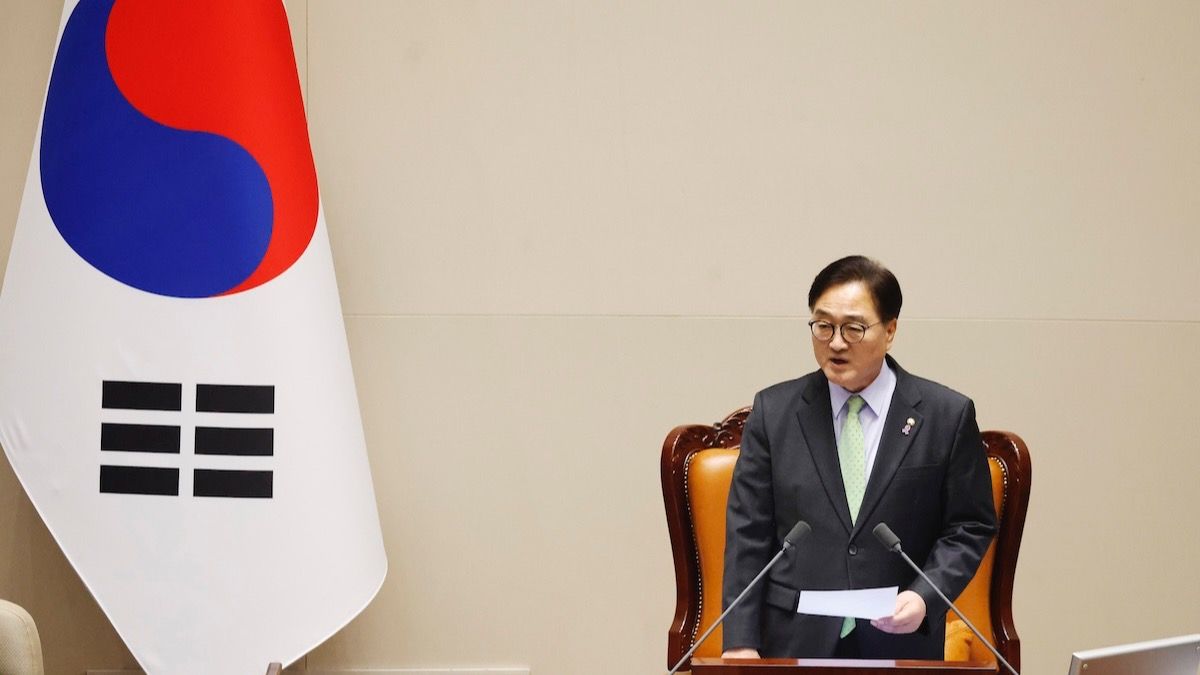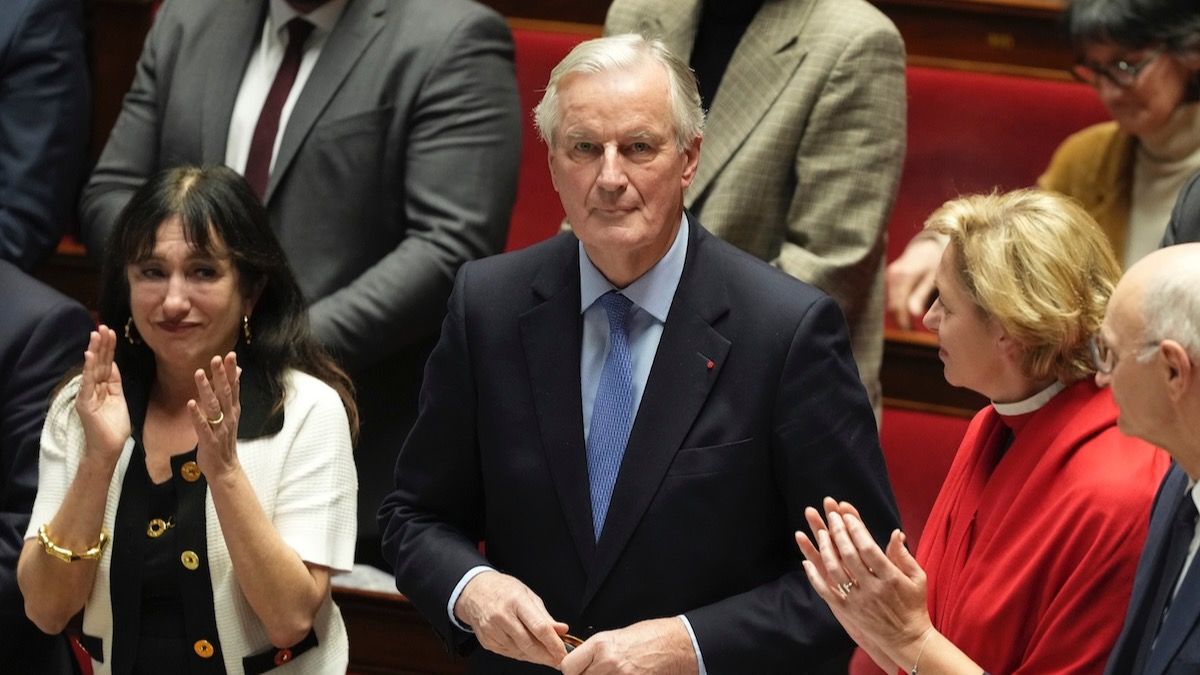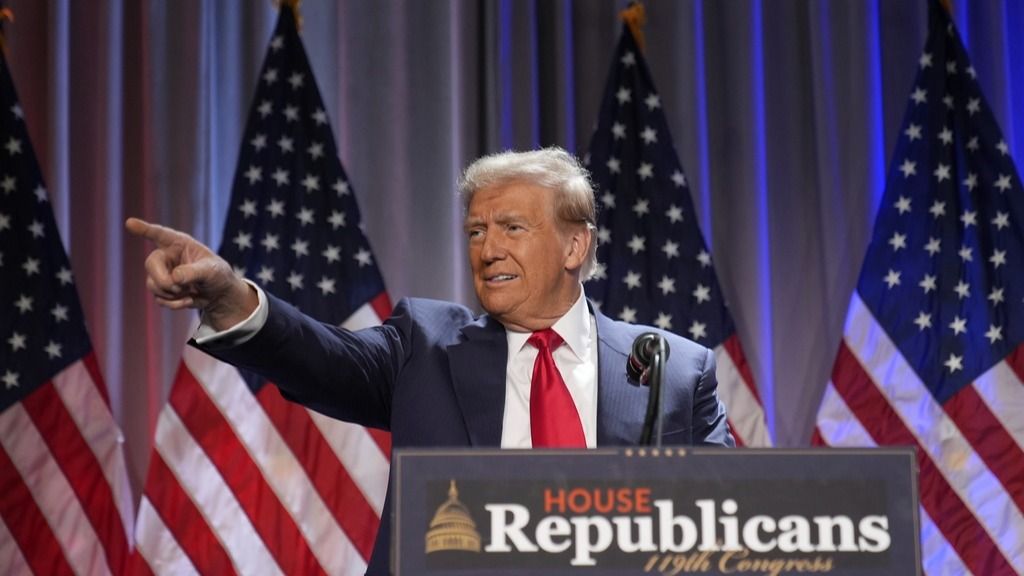Seoul: South Korea’s National Assembly voted on Saturday to impeach President Yoon Suk Yeol over his recent declaration of martial law. The motion passed with a decisive 204-85 vote, triggering the suspension of Yoon’s presidential powers and duties.
Following the vote, official documents on the impeachment will be delivered to President Yoon and the Constitutional Court, which has 180 days to decide his fate. During this period, Yoon will remain suspended from his duties.
South Korea’s President Yoon Suk Yeol defended his martial law decree as an act of governance and denied rebellion charges in a statement on Thursday.
He stated that he has no intention of resigning and rejected the impeachment attempts and investigations into last week’s move.
South Korean President Yoon Suk Yeol shocked the nation by declaring martial law late Tuesday night, accusing the opposition of being “anti-state forces” threatening democracy. However, within six hours, the martial law declaration collapsed as all 190 lawmakers present in the National Assembly unanimously rejected it.
What Is Martial Law?
Martial law refers to the temporary imposition of military rule during emergencies when civil authorities are deemed incapable of functioning. The decree was imposed nearly 45 years ago, following the assassination of military dictator Park Chung-hee.
Yoon’s declaration handed power to the military, the troops and police were deployed to across different locations, including the National Assembly, where helicopters landed on the roof. Meanwhile, the law banned protests, political activities, sparking outrage and fear among citizens.
At 4:30 a.m. Wednesday, Yoon announced the formal lifting of martial law, stating, “I declared martial law to protect our nation from anti-state forces. However, following the parliament’s demand, I have ordered the withdrawal of military forces.”
What Comes Next?
The failed martial law declaration has plunged Yoon’s presidency into deeper turmoil, as calls for his resignation intensify.
After President Yoon’s impeachment, Prime Minister Han Duck-soo has assumed the role of acting president. The Constitutional Court now has up to 180 days to decide whether to permanently remove Yoon from office or reinstate him. If Yoon is removed, a national election to choose his successor must be held within 60 days.
The situation has created a significant political crisis in South Korea, with ongoing investigations into Yoon’s actions and the potential for further instability. The country faces challenges in maintaining governance, addressing economic concerns, and managing threats from North Korea under the interim leadership of Han Duck-soo.
According to the South Korea President’s Office Yoon’s chief of staff and more than 10 senior secretaries to the president have submitted their resignations. South Korea’s main opposition party labeled Yoon’s actions as “insurrection”.
Leaders within Yoon’s own party called for the dismissal of the defense minister, who had recommended martial law, describing the move as a “tragic misstep.” Additionally, the country’s largest labor union announced an indefinite general strike, demanding Yoon’s resignation.
South Korean President Yoon Suk Yeol Impeached Over Short-Lived Martial Law: What Now world-news World News | Latest International News | Global World News | World Breaking Headlines Today




